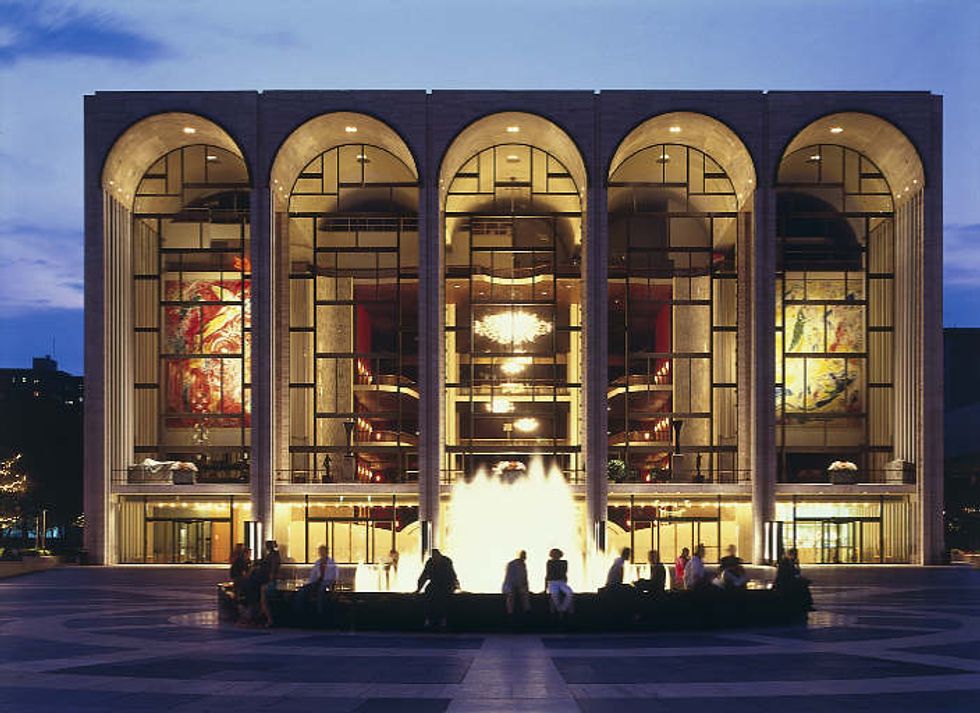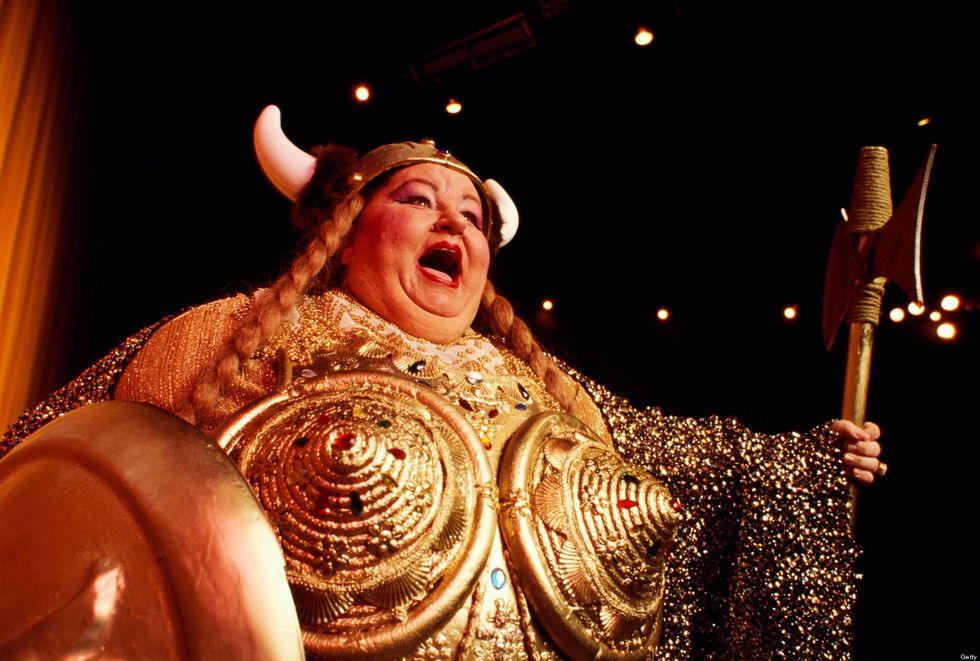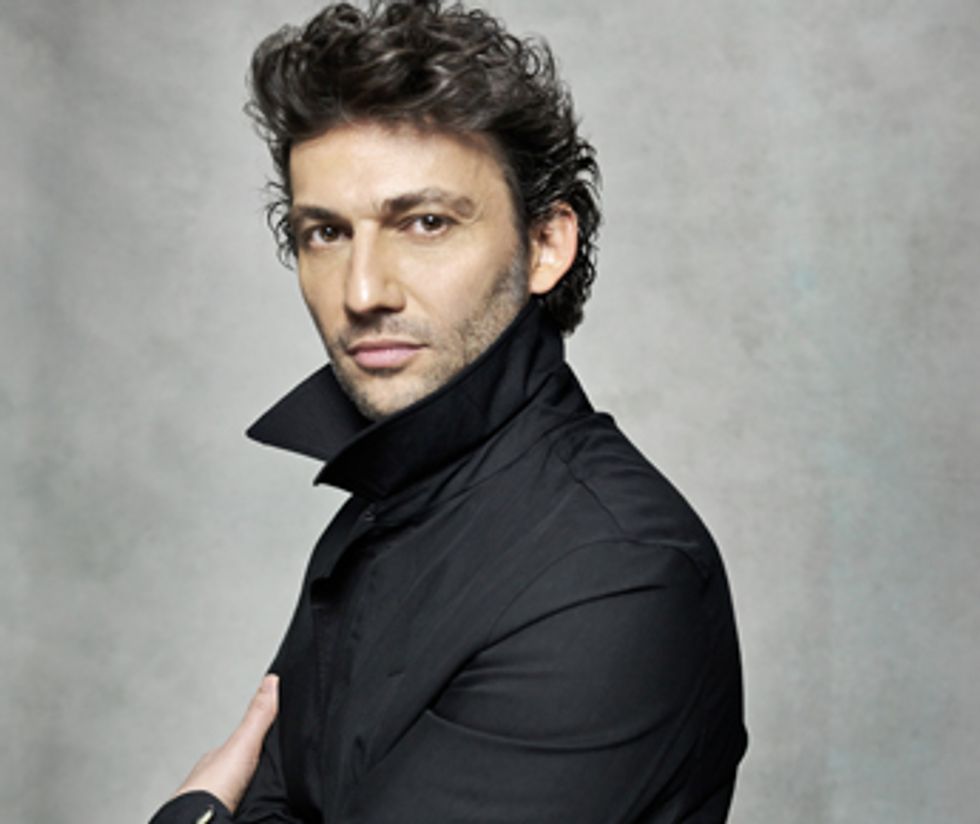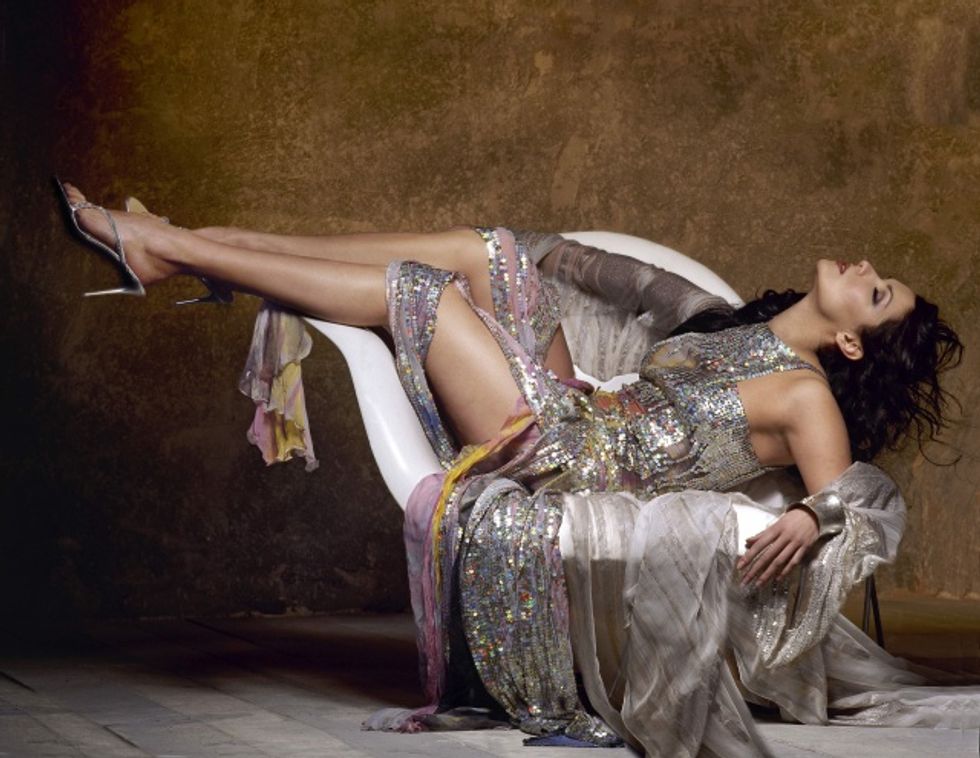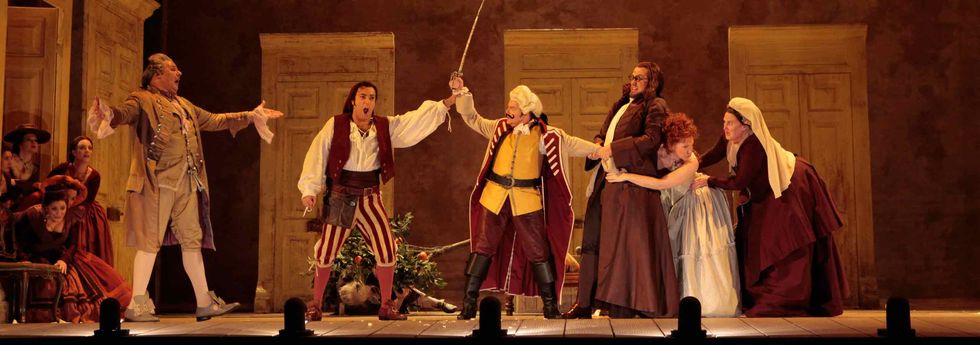Opera was born in Florence in 1597, and has traveled as a beloved art form throughout generations and throughout the world. Today opera companies are struggling to finance new productions and to attract new audiences. The biggest problem? Like your 6-year-old nephew who won't eat his brussels sprouts, most people have decided they don't like opera before they've ever even tried it.
If you're looking to learn the truth about opera, here are some things you should know!
1. Opera singers aren't all overweight, in fact most of them are pretty attractive.
When typing in "opera" into a Google search, this is one of the first things that comes up:
While real opera singers like Renee Fleming, Joyce Didonato, and Placido Domingo are nowhere to be found. Nowadays many opera singers are comparable to actors in that they must be attractive as well as talented. Some classic examples include Jonas Kaufmann...
... and Anna Netrebko.
2. Not all operas are in foreign languages.
....in fact, a lot of them are in English, and there are new operas composed and produced all the time! Even when operas are written in foreign languages many opera houses will display supertitles in English (so...basically all operas are in English). Though Mozart and Rossini operas are popular for their universality, there are plenty of operas written today that are relatable for 21st century Americans. If you're a US history buff, you can check out a performance of John Adams' "Nixon in China" online or at a theater near you!
(from San Francisco Opera's 2012 production)
3. Opera singers are basically Olympic athletes.
It's easy for us to tell that running a mile in under 10 minutes is pretty darn fast because we've all (unfortunately) had experience running at some point in our lives. Unless you're familiar with singing it can be difficult to appreciate how challenging opera singing can be. Essentially an opera singer's job is to sustain high notes over a long period of time while using their body to amplify a sound so it can be heard over an orchestra throughout a massive concert hall. And this doesn't even take into account their language and acting skills. It's really pretty incredible if you think about it! Cellist Janet Horvath once said that "[Musicians] are elite athletes of the small muscles and demand the utmost precision, coordination, fluency, speed, and endurance from out bodies." Opera singing technique involves a coordination of muscles in your mouth, throat, rib cage, and even in your pelvic floor. This technique is difficult to teach and difficult to learn; it takes many years before a singer can even audition to be cast in a professional company. Like athletes, singers have to be constantly aware of what is going on in their body and how their daily actions can impact their vocal fold function.
One of the reasons that opera is so important is that it exhibits the incredible power of the human body. While athletes show us how much weight the human body can hold or how fast the human body can move, opera singers show us the highest pitches and the loudest sounds that the human body can produce.
4. Opera can be funny!
...and sad, and ecstatic, and sexy, and modest, and anything you can think of! While it's true that many popular operas are written centuries ago, the themes of love, betrayal, and death are subjects we can relate to no matter what century we were born into.
If you're looking for a first opera to try and you like funny things, I highly recommend the Barber of Seville.
Just look at how wacky this Metropolitan Opera production is!5. It's not just for your grandparents: plenty of youngsters go to the opera too!
The number of high schoolers involved in summer opera programs and the number of students in conservatories speaks highly to how many young people enjoy the opera. If you're looking for some off-campus excitement, you should head over Eastman to hear one of the three operas they produce every year!



